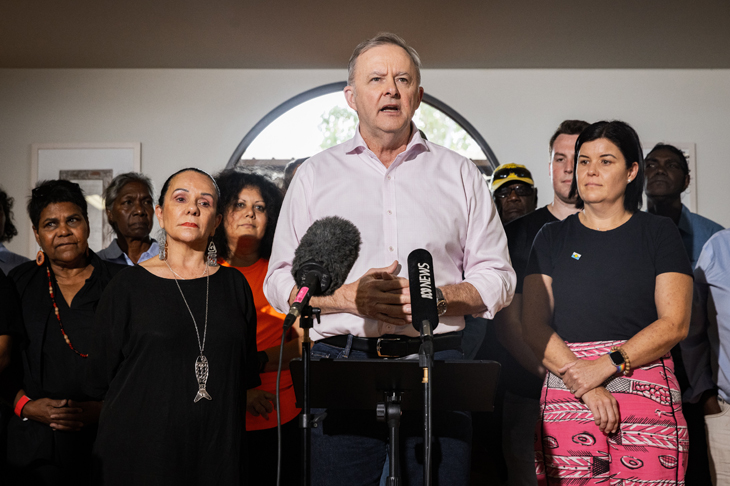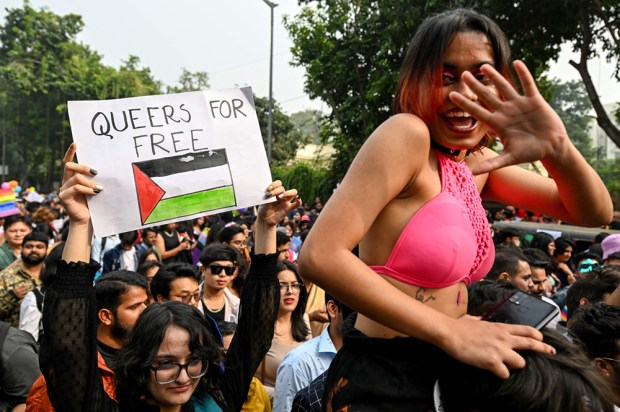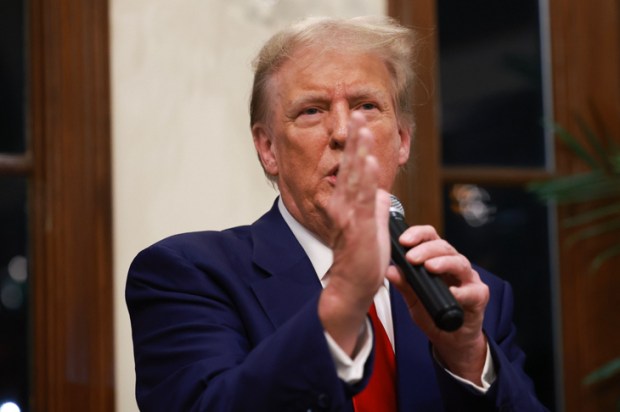The Albanese government has established a ‘Makarrata Commission’ with a budget of $5.8 million dollars. So, what is this word ‘makarrata’? Every time you hear it think ‘treaty’ because that’s exactly what it means in Australian English. ‘Makarrata’ is a Yolngu word from Arnhem Land. It was chosen as the appropriate indigenous word for ‘treaty’ by Dr. H.C. ‘Nugget’ Coombs. For those who don’t remember the name, Nugget Coombs (1906-1997) was an Australian economist and public servant. He was the first governor of the Reserve Bank of Australia. In later life his great passions were environmentalism and Aboriginal affairs. A long time ago, in the late-1970s, a young Kel Richards interviewed the great Australian poet Judith Wright. At the time she was a board member of an organisation called the Aboriginal Treaty Committee set up by Coombs in 1979. And it was Wright who explained to me that Coombs had chosen the word ‘makarrata’ to mean ‘treaty’. (I should explain that Judith Wright was a close personal friend of Nugget Coombs for more than 25 years.) It is because of this choice of word by Coombs that the Makarrata Commission has the name it has. So, whenever Prime Minister Albanese uses the word ‘makarrata’ you should understand that he means ‘treaty’, and perhaps is using the word ‘makarrata’ to avoid saying ‘treaty’ out loud. Sometimes other weasel words are used to avoid saying ‘treaty’. For instance, we are told that the purpose of the Makarrata Commission is supervise a process of ‘agreement-making’ between governments and indigenous peoples – and ‘agreement-making’ means ‘treaty-making.’ So, don’t be fooled – it’s all about ‘treaty’.
Meanwhile, what is meant by ‘truth-telling’? The Oxford English Dictionary records this as a distinctively Australian expression, with the earliest citation being from 1988: ‘Recognition or acknowledgement of historical injustices affecting Australian Aboriginal and Torres Strait Islander people following the colonisation of Australia, and re-evaluation of the impact of the discrimination and often violent treatment they have faced since that time.’ I’ve quoted that in full to make it clear that ‘truth-telling’ means something quite narrow and specific. This is not about telling ‘the truth, the whole truth, and nothing but the truth’. In fact, a whole lot of historical truth is quite deliberately and intentional omitted from what is called ‘truth-telling’. When a ‘truth-telling’ commission or hearing is set up it will only focus on ‘acknowledging historical injustices affecting indigenous people following colonisation.’ So, it will (by definition) only be interested in bad news, and will ignore anything that looks remotely like good news. The horrible and unjust things that happened will be truly reported. But if early missions to indigenous people taught them to read and write, provided modern Western medicines, gave them equality under British law or anything else – that will be ignored. The only ‘truth’ considered and reported on will be ‘injustices’ and nothing else. So, this will be ‘truth-telling’ with blinkers on, and a pre-determined narrow focus.
During the battle between Djokovic and Alcaraz for the men’s final at Wimbledon, tennis writer for the UK Guardian, Daniel Harris, wrote, ‘I am in absolute awe of these two meshuggeners….’ The Oxford English Dictionary defines a ‘meshuggener’ as an ‘irrational, foolish [or] unconventional’ person’. It’s recorded in English from around 1892. There are not many citations in the full Oxford so it really is the rare word we all assume it to be. The Merriam-Webster Unabridged defines a ‘meshuggener’ as ‘a foolish or crazy person’.We can all think of a person to whom this word could apply. A lot of Yiddish words have entered both Australian and American English over the years – but this shows no signs of doing likewise. Which might be a pity. Mind you, the Webster people say that after that Wimbledon report there was an explosion of look-ups of ‘meshuggener’ on their website. As I so often do with these weird words, I offer you this challenge – try to work the word ‘meshuggener’ into your conversation some time this week!
Got something to add? Join the discussion and comment below.
Get 10 issues for just $10
Subscribe to The Spectator Australia today for the next 10 magazine issues, plus full online access, for just $10.
Contact Kel at ozwords.com.au
You might disagree with half of it, but you’ll enjoy reading all of it. Try your first month for free, then just $2 a week for the remainder of your first year.














Comments
Don't miss out
Join the conversation with other Spectator Australia readers. Subscribe to leave a comment.
SUBSCRIBEAlready a subscriber? Log in